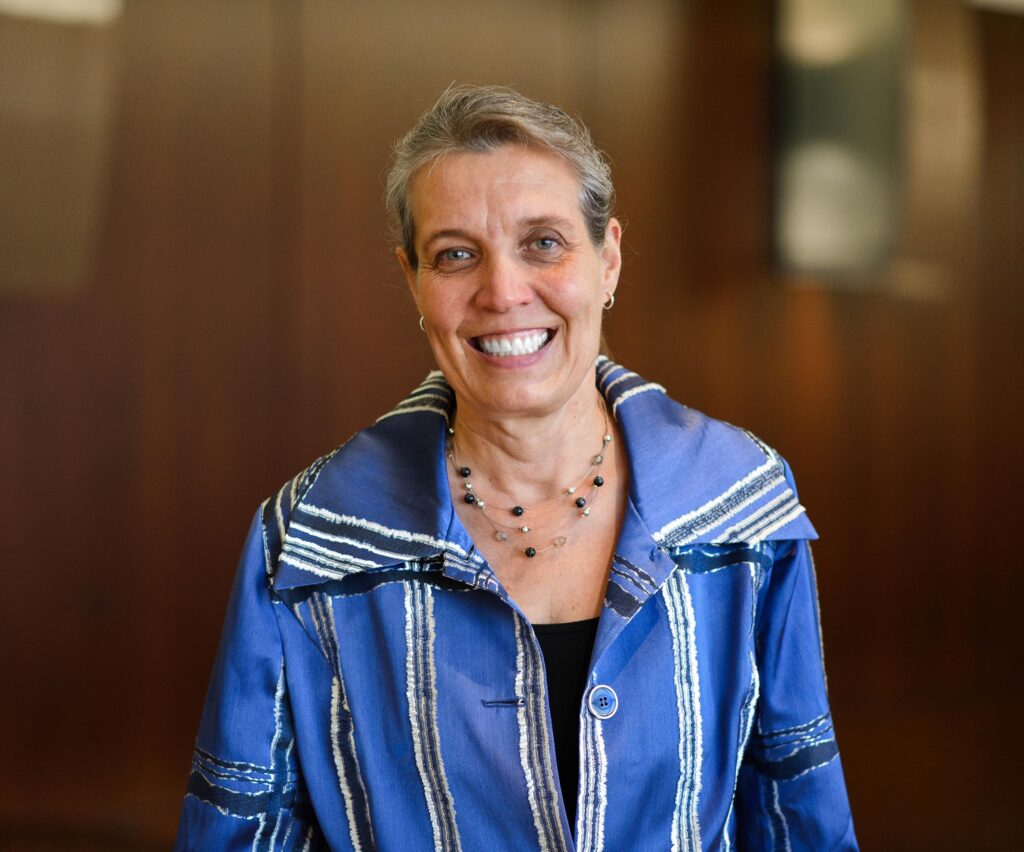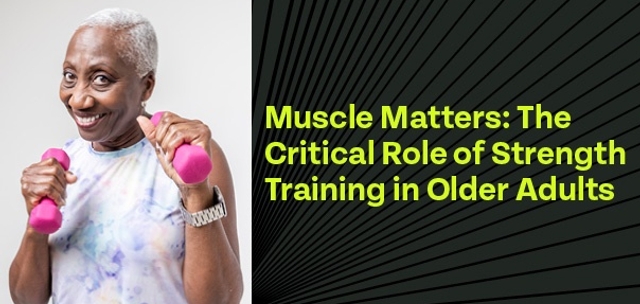Addressing a Growing Need
According to the Centers for Disease Control and Prevention (CDC), approximately 1 in 31 children is diagnosed with autism spectrum disorder (ASD). As ASD diagnoses continue to rise, it is crucial for higher education institutions to integrate neurodiversity-focused learning into their curricula. Aurora University has done just that through its Neurodiversity Studies minor and Pathways Program designed to help neurodiverse students garner the support and guidance needed to adjust to campus life, earn their university degree and make a successful transition to the workplace. This has likewise helped educate faculty, staff and neurotypical students on ways to create a more inclusive community.
Another way to educate students that is gaining popularity in higher education settings is with a microcredential — a short, competency-based learning experience that demonstrate mastery of a specific skill set. Microcredentials allow students to upskill, reskill and enhance their career opportunities in targeted ways. A prime example is the Autism Exercise Specialist Certificate®, developed by the American College of Sports Medicine® (ACSM) in partnership with Exercise Connection.
Introducing the Autism Exercise Specialist Certificate at Aurora University
Four years ago, Aurora University partnered with Exercise Connection to offer ACSM’s Autism Exercise Specialist Certificate® as a one-credit hybrid course. Initially, it was introduced as a special topics class that did not require a formal approval. However, as interest grew across multiple academic disciplines — including therapeutic recreation, nursing, health science, neurodiversity studies, psychology, social work, physical education, special education and human-animal studies — it became clear that the course had broad-reaching value. As a result, it went through the curriculum approval process that was initiated by the faculty member teaching the course and subsequently approved by the department chair, the Undergraduate Curriculum Committee, the faculty senate, the chief academic officer, the president and the board of trustees as a permanent offering within the university’s curriculum.
The Autism Exercise Specialist Certificate® class is now offered once per year. It fits nicely into the university’s eight-week fall semester module. The course has been averaging 15-20 students per semester, which is a typical classroom size for Aurora University — a liberal arts institution with approximately 4,000 undergraduate students.
The Course Structure: Combining Theory with Practical Application
While ACSM provides the certificate entirely online through six modules (valued at 14 CECs) followed by an exam, Aurora University students must also complete an in-person, hands-on component led by a university instructor who has content competency in this area and has previously taken and earned the Autism Exercise Specialist Certificate®. The three-hour workshop allows students to apply their knowledge through case scenarios and real-world applications, reinforcing their understanding in a dynamic, interactive setting. In addition, the asynchronous, self-paced and computerized grading structure of the six modules in the course also alleviates some of the teaching load, making it a desirable venture.
To ensure accessibility and ease of enrollment, the course is offered on a credit/no-credit basis. Additionally, academic advisors are well versed in the course and frequently recommend it to students pursuing careers in health, education and human services.
The Benefits for University Students
Offering the Autism Exercise Specialist Certificate® as a university course provides several key advantages:
- Access to financial aid. Students can use financial aid to cover the cost of the course, making it more accessible than if they pursued the certification independently.
- Résumé enhancement. The certificate strengthens students’ résumés, making them more attractive to employers in fields where neurodiversity awareness and inclusive practices are in high demand.
- Alignment with university initiatives. The course aligns seamlessly with Aurora University’s Pathways Program for its neurodiversity minor.
The Future of Microcredentials in Higher Education
Microcredentialing is rapidly becoming a game-changer in higher education, allowing students to gain specialized skills in smaller, more flexible learning formats. Programs like the Autism Exercise Specialist Certificate® not only enhance students’ marketability but also contribute to a broader cultural shift toward inclusivity and understanding in professional settings.
At Aurora University, this course has proven to be an invaluable bridge between academic learning and real-world impact. By offering specialized, in-demand training opportunities, we are empowering students to make a difference in their careers and their communities — one certificate at a time.
For other universities looking to integrate meaningful microcredentials, the Autism Exercise Specialist Certificate® serves as a model for success, demonstrating how small, targeted courses can lead to big changes in education and society.
Banner image courtesy of Joshua Hoehne via Unsplash.
Editor’s note: This article has been updated to reflect the CDC’s new numbers for the amount of children diagnosed with autism.
About the Author

Kris Johnson, MS, CTRS, is associate professor of therapeutic recreation and chair of therapeutic recreation and neurodiversity studies at Aurora University in Aurora, Illinois.




